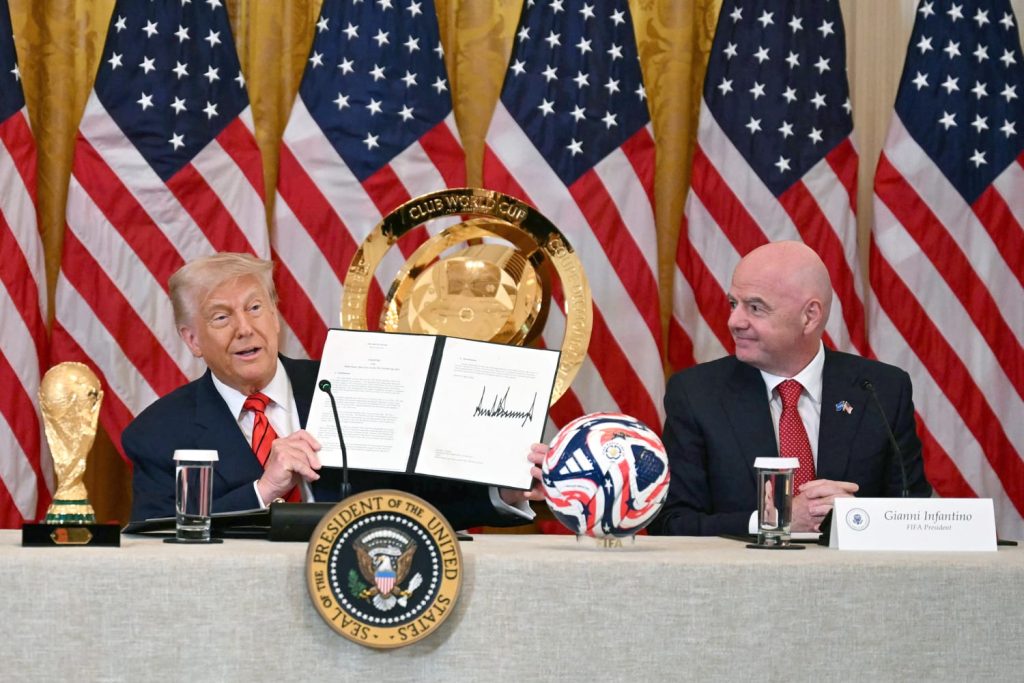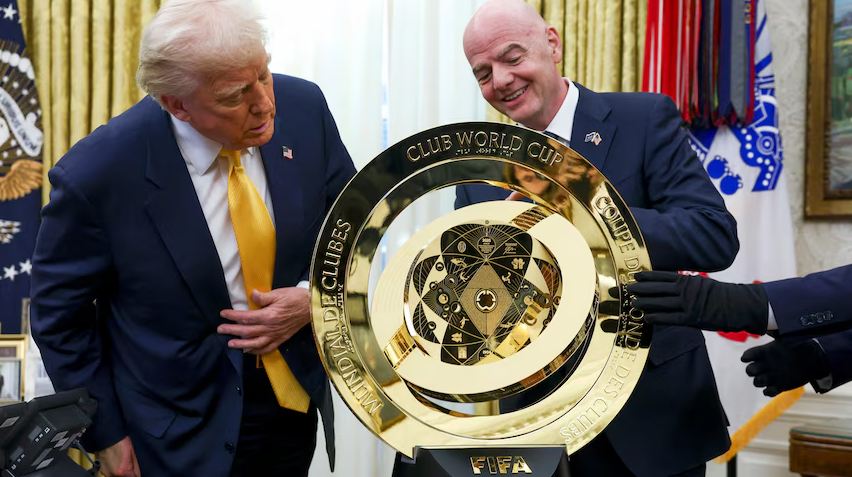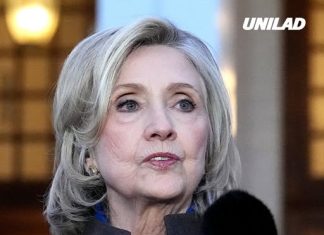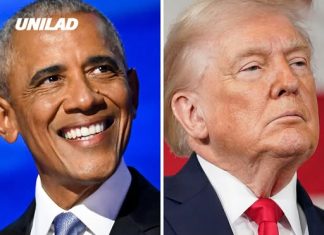Former President Donald Trump has raised the possibility of pulling World Cup matches from U.S. cities he claims are “a little bit dangerous.” He cited safety concerns as a justification and said that if any city is deemed unsafe, the tournament matches could be reassigned. His remarks specifically targeted cities that lean Democratic, suggesting their local governance might make them unsuitable for the event.
Named Cities Under Threat
Trump singled out Seattle and San Francisco as potential candidates for removal from hosting duties. These two cities were each scheduled to host six matches during the 2026 tournament. When asked what he would do if they did not “cooperate,” he responded sharply, stating that he would ensure their safety and dismissing their leadership as being run by “radical left lunatics.” He declared that any city judged risky would be stripped of matches and that the World Cup schedule could be shifted accordingly.

Broader Host City Lineup
The World Cup will be hosted across multiple cities in the U.S., as well as in Mexico and Canada—the first time the tournament spans three nations. In the U.S., the host cities include Inglewood, Atlanta, Boston, Arlington (Texas), Houston, Kansas City, Miami, East Rutherford, and Philadelphia, along with Seattle and San Francisco. Trump said he wants to avoid locations that pose danger, and promised some flexibility in moving matches if needed—but added he hopes such changes won’t have to be made.
Political Overtones and Limitations
Trump’s framing of his comments fueled speculation that his remarks were politically motivated, targeting liberal or Democratic-led municipalities. Many observers found it puzzling or inconsistent that he only flagged San Francisco and Seattle while omitting cities with comparable or higher crime rates. Additionally, critics highlighted that Trump lacks authority over FIFA’s match allocation. The governing body enforces rigid contractual agreements with host cities, which do not allow ordinary, unilateral terminations. Government interference is generally disallowed under those arrangements. Thus, any attempt to redirect matches would face serious legal and institutional barriers.
Public Reactions and Backlash
Social media users swiftly mocked the threat. One user asked whether high-crime areas in Texas and Utah were exempt from consideration. Another quipped that Trump might try to relocate the event to a conservative stronghold like Oklahoma. Many pointed out that the president has no power to reassign World Cup matches. In the host cities themselves, officials were dismissive. A representative from Inglewood described Trump’s claims as laughable and said he lacked authority over the tournament. She also urged that the focus should instead be on ensuring venues have the proper infrastructure. Others noted that making a last-minute change to the schedule would be a logistical nightmare, given how far along preparations already are.

Why Reality Makes It Unlikely
From a practical standpoint, suddenly relocating matches from established venues would be costly and highly complicated. Years of planning, infrastructure investments, ticketing, logistics, security, and fan travel arrangements are all based on the approved host city list. Disrupting that would produce chaos and likely legal challenges. Given all of this — the constraints of FIFA contracts, the magnitude of planning, and the logistical hurdles — many believe Trump’s threat is more rhetorical than actionable. Most people view it as a diversion, an expression of political posturing more than a viable plan to alter World Cup venues.

















